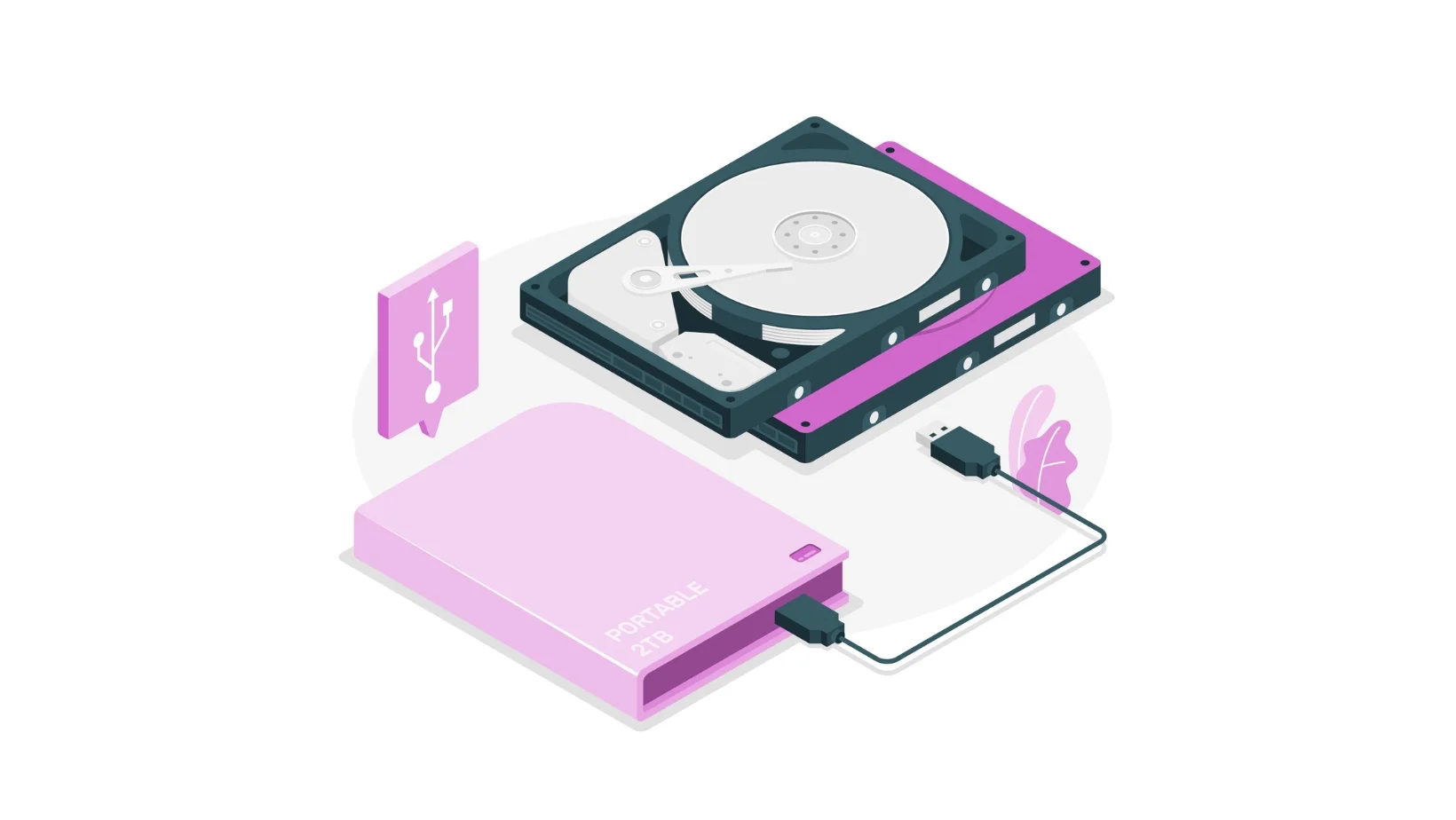SSD vs HDD performance. Which is better for computers?

SSD vs HDD performance. Which is better for computers?…
Computers have roughly three types of memory devices in terms of data persistence. One is read-only, such as storage that is programmed permanently in the motherboard/processor or BIOS. Data can be read from them, but new data cannot be added or existing data can be deleted. Another memory type is RAM. It can add and subtract data, but it is transient. Data in RAM is swapped or replaced when the PC is running while the power goes off or when a new program is opened. RAM is just that – random access memory. The memory devices we use to store files on PCs provide the longest data retention. Hard drives are usually used in this case.
Currently, HDD is widely used as storage in computers. It stores the PC’s operating system and other documents. HDD price is relatively low, its speed is also a little low. Many people use SSD storage to get more speed. These are alternative storage devices to hard disks. The full form of SSD is a solid-state drive.
HDDs contain a number of magnetic plates that rotate during operation and transfer data to special read-write metal discs or plates.
On the other hand, solid-state drives or SSD storage have no moving parts. It consists of interconnected flash memory chips that store data electronically. No magnetic force is required. It also has no read-write head.
So now let’s see what factors you should consider when deciding whether to use HDD hard disk or SSD storage in your computer.
SSD
SSD or Solid State Drive is a larger and more complicated drive than the USB pen drives we use. SSDs store data in microchips, just like USB drives. HDD stores data in different layers and uses different mechanical parts to read it. In this regard, SSDs are much faster than HDDs. Walking into a library and reading from a book rack, or wherever you need a book to read with a command and the book magically opens itself in front of you, which is the fastest system? Definitely the second one. SSDs are better than HDDs in the same way that USB drives are better than floppy disks.
HDD
HDD or Hard Disk Drive was first marketed by IBM in 1956. For almost 60 years this drive has served us for ages. Basically using magnetism to store data on a circular platter-like device and a mechanical head to read and store data from this rotating device. The higher the rotational speed of the device, the faster the two HDDs can transfer data. Where SSD can transact data instantaneously, HDD is much less.
Speed
SSD vs HDD performance. The hard disk has rotating parts and therefore it will take some time for the head to collect the data from its correct location. Due to these and other technical reasons, the data access time of a hard disk is slightly longer than that of an SSD. That is, HDD hard disk works a bit slower than SSD. In my personal experience, PCs with SSDs boot up in 7-10 seconds, while PCs with HDDs take at least half a minute to boot. After that, it takes a few more minutes for the PC to turn on and the startup programs are ready. File read-write times on SSDs average 200 to 550 MB per second. The average file read-write time on HDD is 50 to 120 MB/s.
If you put an SSD in a PC with an HDD hard disk (at least as a system drive), you’ll get at least twice as much speed as before. The speed of SSD compared to HDD hard disk will seem like a sky-rocketing difference. So, if you want speed in your PC, then SSD is your best choice in storage.
Durability
SSD storage devices are known to be more durable than HDD hard disks. So SSD is ahead in terms of durability as well.
Power consumption
SSD consumes less power than HDD hard disk. Where SSDs are 2-3 watts, HDDs are 6-7 watts. Since solid-state drives consume less power, SSD hard drives will increase laptop battery backup by at least 30 minutes.
Capacity
SSDs currently available for laptops typically do not exceed 1 terabyte in capacity. SSDs with a maximum capacity of 5 terabytes are available for desktops. On the other hand, HDD capacity is much higher. Hard disks are available for up to 2 terabytes for laptops and up to 10 terabytes for desktops. The capacity of both will increase further in the future. If you need more storage, you can choose HDD.
Sound and Vibration
Since HDDs have rotating parts, they generate noise. But since there are no rotating parts in SSD, it does not generate any noise and vibration.
The price
You must have seen in an ad “Good things cost a little more”. Likewise, since the SSD gives you so much more, it will also cost a bit more. A 250 GB SSD storage will cost around 8 thousand rupees, while a 500 GB HDD drive will cost approximately 3 and a half thousand rupees.
If you can stretch the budget a bit, you can opt for SSD storage instead of HDD. Some laptops come with SSD storage. If you buy them, you won’t have to buy an SSD at an additional cost, and you will save a lot on the total cost. Some such laptops with SSD are ASUS VivoBook S14 S410UN, VivoBook S15 S510UQ, VivoBook Pro 15 N580VD, ASUS ZenBook UX430UQ, etc. You can get both SSD and HDD in some of their models if you want. You can know the current price of SSD and HDD from bidistol.com.
SSD vs HDD performance. If your PC has multiple drives, you can use SSD as a system drive and hard disk as file storage. And if there’s room for a single drive, budget-friendly SSDs will have less storage capacity, but better speed.